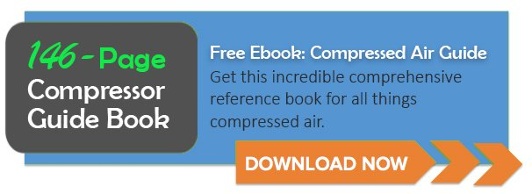- News and media
- About Atlas Copco
- Work with us
- Our complete offering
- Air compressor products, parts and service
- Air compressor industrial solutions
- Air dryers
- Air filters
- Air receivers and aftercoolers
- Gas compressors
- Gas generator
- Industrial condensate treatment solutions range
- Marine compressors
- Mobility compressors
- Oil-free air and nitrogen boosters
- Oil-free air blowers
- Process filters
- Process gas and air equipment
- Service and parts
- Used air compressors
- Vacuum pumps and abatement
- Industrial tools and solutions
- Air motors
- Assembly tools and solutions
- Articulated arms
- Controller floor stands & frames
- Customized solutions with Geared Front Attachment
- Electric assembly systems
- Electric assembly tools
- Error proofing solutions
- Fixtured assembly solutions
- Manual torque wrenches
- Mobile fixtured solutions
- Pneumatic assembly tools
- Quality assurance in tightening
- Torque reaction suspension & rail systems
- Workplace solutions & automation
- Workstation solutions
- Bolting solutions
- Drills
- Joining solutions
- Material removal tools
- Service
- 24/7 rental solutions
- Portable equipment
- Sustainable innovations virtual showroom
- Air compressor products, parts and service



Five Ways to Find the Right Compressor for the Home Hobbyist
Download our free
and comprehensive
compressed air
manual
Air compressors are an important utility that help accomplish wide range of industrial applications. However, they can also be a great resource for the hobbyist, with applications including:
- Painting and airbrushing for modeling or other crafts or hobbies
- Restoring or repairing automobiles
- Cleaning a home workshop or space
- Powering pneumatic tools for carpenters
The home hobbyist or small shop enthusiast should take a similar perspective as the industrial facility manager when determining what air compressor to use to most effectively fulfill their needs, just on a smaller scale.
A piston compressor is ideal for operating pneumatic tools because it is well suited for frequent start-stop operation. They’re also affordable, low-maintenance and dependable machines. With that in mind, here are five tips for the home hobbyist to consider when considering an air compressor to help give their relaxing diversion a boost.
- Pressure needs – What pressure (psi) do you need to operate your tools or process? Think about ultimate end use and consider the power truly needed. Not having the correct pressure can result in poor tool performance or damage to your process.
- Air demand – How much air do you need? Be sure to determine the size of your compressor based on your specific requirements, including CFM and psi.
- Application requirements – Do you need oil-free air or is an oil-lubricated compressor acceptable? If you don't care about small amounts oil in your process, then oil-lubricated is perfectly fine. If oil in your process is an issue, you will also need to consider filtration or an oil-free compressor.
- Air use – Do you need dry air? The water running out of your compressor is normal, but to reduce or eliminate this condensate (water/oil-water mixture created from the compression process) from forming, you would need a compressed air dryer, which reduces the moisture in the air and results in dry air.
- Process loads – Similarly to points 1 and 2, you should think about your process and whether it will be intermittent or constant. If you need help determining which compressor is best for your application, reach out to your local compressed air specialist or sales representative.
The combination of these aspects will point the hobbyist in the right direction and also provide a road map that leads them to the right compressor for the job, one that is best suited for their ultimate needs.








